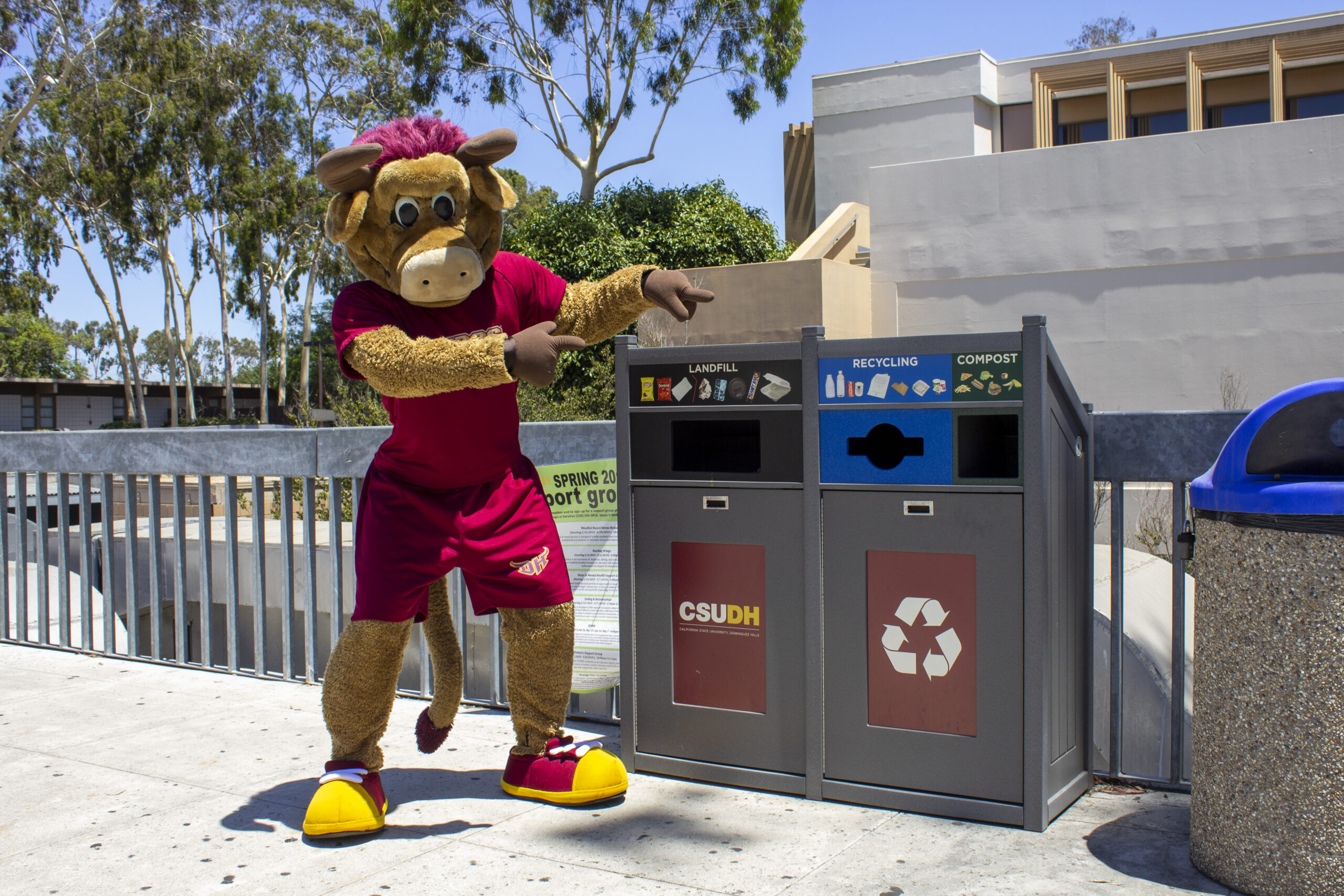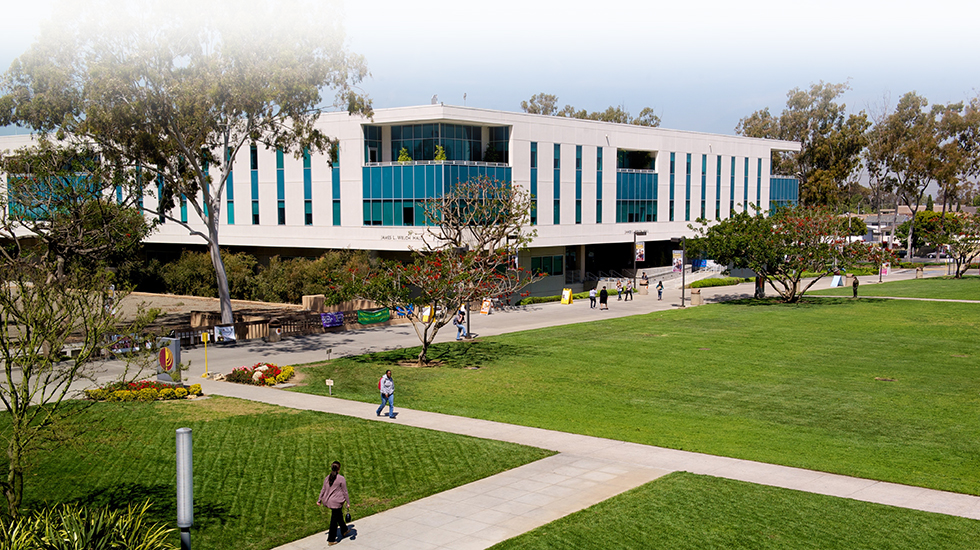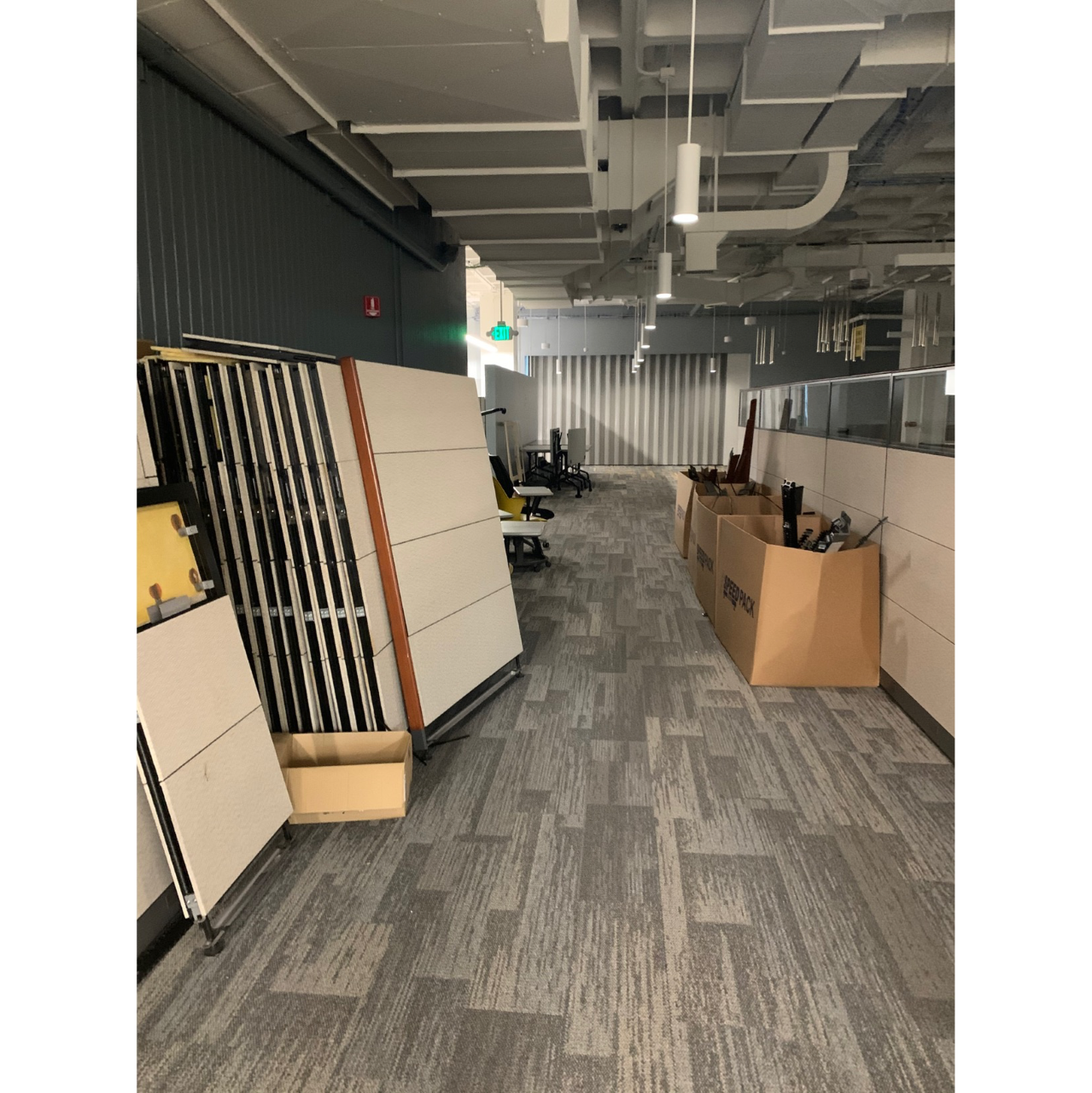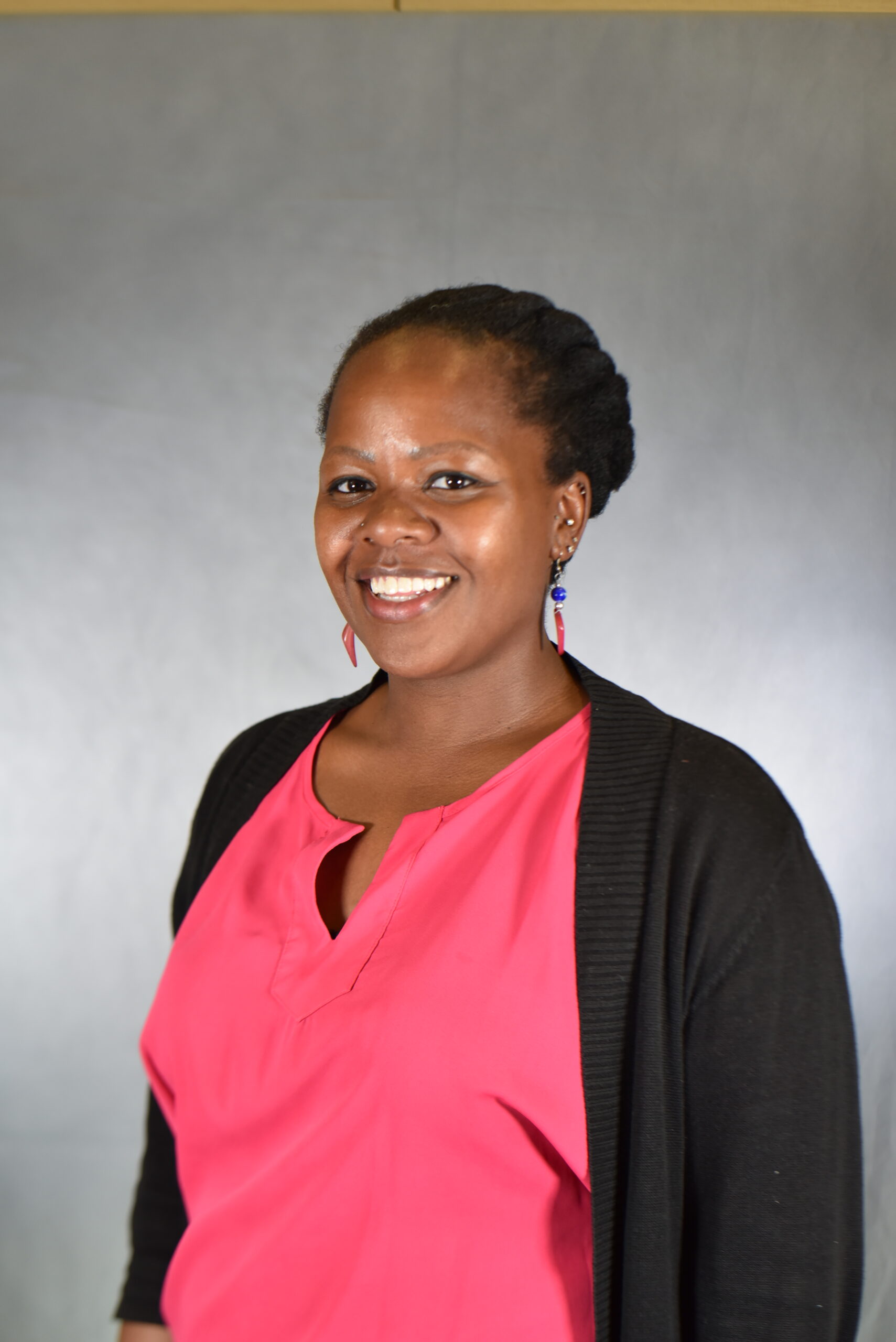Dreaming of Streaming
Although the state has mandated all CSU campuses incoporate multi-stream trash receptables by mid-October to aid in sustainability efforts,Teddy the Toro, like all informed Toros, knows the CSUDH campus is already well on its path to becoming a nearly zero waste campus by 2025.
By Serena Sanchez, Staff Reporter
As of January 2020 due to Assembly Bill 2812 and 827 the regulation of the California State University System requires large facilities to prioritize sustainability. These requirements include having receptacles, education, and staffing for each of the campus recycling programs, a compost program, and multi-stream containers.
California State University, Dominguez Hills is implementing three-stream bins in all areas of the campus, with the added recycling compost.
According to CSUDH’s Zero Waste Coordinator, Lily Ledesma, the Zero Waste program’s name may be a misconception. While it does not mean CSUDH is 100% zero waste, it means the goal is to reach 90% waste diversion by the year 2025.
“Our campus has the goal of reaching that 90% waste diversion by diverting materials away from the landfill and utilizing the recycling and compost streams to bring us closer to our goal,” Ledesma explained.
A driving force behind this initiative is to become a model zero waste campus within the CSU system and to meet the system’s requirements, but it is also about creating a distinct path for staff, students, and faculty to make a change at an individual level.
“Some things may be out of our control, but when it comes to Zero Waste, we do have power…to change our behavior, our lifestyle at that moment,” said Ledesma.
The university is doing Eco-Living Workshops during September, teaching how to create a more sustainable lifestyle from scratch. These virtual workshops take place every Wednesday from noon to 1 p.m. and topics range from making sustainable household items, accomplishing daily challenges, upcycling food scraps, formulating t-shirt reusable shopping bags and learning to shop on a budget ethically.
Events planned throughout October’s sustainability month
The upcoming Sept. 29th event will touch on how to make toiletries, soaps, deodorants, and scrubs all by yourself, all while using clean ingredients instead of harmful chemicals.
October is Sustainability month, which means “Zero Waste” Wednesday will be announced and hosted via Zoom, along with a “Tree Planting Party/Sustainability” Town Hall on Oct. 20.
“[Sustainability month] will be about Zero Waste, green jobs, acts of service, and a central plant trick-or-treat tour,” Ledesma explained. The virtual tour will add to the general spooky theme of Halloween, accompanied by a scavenger hunt and a haunted maze.
For students who are interested in becoming more involved, but are not sure how to, there are both on and off-campus ways to go about it. One way is by joining the CSUDH Sustainability Club, which meets every Monday and will be hosting presentations focused on sustainability, every Monday of the semester with different topics. “The club, it’s just trying to get as many students as we can reach. It doesn’t have to be an Earth Science major, it doesn’t have to be Environmental Science, it’s just open to everybody,” said the club’s spokesperson, Jessica Ledesma.
Other ways to get involved include taking part in the ‘Zero Waste Ambassadors Program’ and the Urban Farm Program, where students can help maintain the garden beds and harvest produce at the Campus Urban Farm. The ambassador program involves advocating for sustainability on campus, helping at tabling events, and assuring that waste is correctly disposed of.
The Office of Sustainability on campus posts daily challenges, opportunities, and events they host on Instagram to remain up-to-date.
According to Ledesma, none of this would be possible without students’ help and deep-rooted support on campus. “The Zero Waste program, as we have been rolling them [the three-stream waste bins] out, students have really played a crucial part in getting the word out,” she said.



